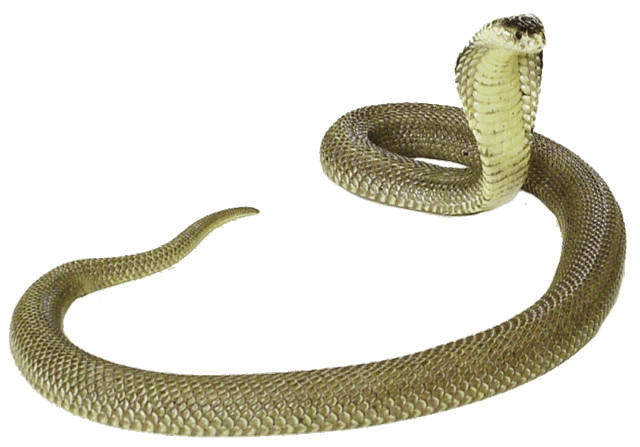Tackling The Global Problem Of Snakebite
The Global Issues in Clinical Toxinology Conference, held in Melbourne, Australia, in November 2008, marked the first scientific meeting explicitly dedicated to addressing the global issue of snakebite. This significant conference involved numerous IST members and attracted stakeholders from all continents, except Antarctica. A steering committee was established to work towards solutions for envenomed patients worldwide, believing this initiative would be best promoted through a close association with the IST as an official project.
During the Asia-Pacific Section Congress in Vietnam in December 2008, a proposal was made by Prof. David Warrell, seconded by Prof. P. Gopalakrishnakone (IST President), to formally endorse “The Global Snakebite Initiative” as an official initiative of the IST. This proposal was passed unanimously and reaffirmed at the IST World Congress in Recife, Brazil, in March 2009. The Global Snakebite Initiative (GSI) is now an independent organization working globally to address the issue of snakebite. Management of the GSI is overseen by several senior IST members, and progress is reported to the IST Council. However, for logistical reasons, the GSI operates as a separate entity from the IST, although the IST and its members continue to support the GSI’s goals.
A major triumph for the GSI was the elevation of snakebite to the World Health Organization’s (WHO) list of official Neglected Tropical Diseases (NTDs) in 2017. This was followed by a resolution at the World Health Assembly in 2018, which designated snakebite as a top-priority NTD and called for significant funding to address snakebite issues globally. The IST proudly acknowledges the pivotal role played by several of its members in achieving this outcome.
Global Envenoming Statistics
Despite recent advances in addressing snakebite, envenoming and poisoning by toxins remain largely neglected areas within public health and medical practice worldwide. For most types of toxin-induced diseases (TIDs), epidemiological data is scarce, often uncertain, or even absent. There is an urgent need for well-designed and executed epidemiological studies on all types of TIDs globally. The IST strongly encourages such research initiatives.

Clinical Toxinology
The issue of specialist-level training for medical doctors, in the field of clinical toxinology, and credentialling of such training, was canvassed at the Global Issues in Clinical Toxinology Conference and again, through presentations, at the Asia-Pacific Section Congress in Vietnam. As a result a proposal was put by Prof. Julian White, seconded by Prof. Dietrich Mebs, that “The Asia-Pacific Section of the IST supports the development of a clinical toxinology initiative by the IST.” This was passed unanimously and confirmed unanimously at the IST World Congress in Recife, Brazil, March 2009. This important initiative is now officially a project of the IST. The IST Constitution allows the IST to develop clinical toxinology at a global level. IST Council approved the constitution of the Board of Clinical Toxinology and establishment of the Board, occurred at the March 2013 IST Council meeting. Currently the major training initiative remains the Clinical Toxinology Short Course, held every 2 years and attracting an international faculty and doctors from around the World. It is anticipated this will evolve into a formal university-level Diploma of Clinical Toxinology, once resources permit.
